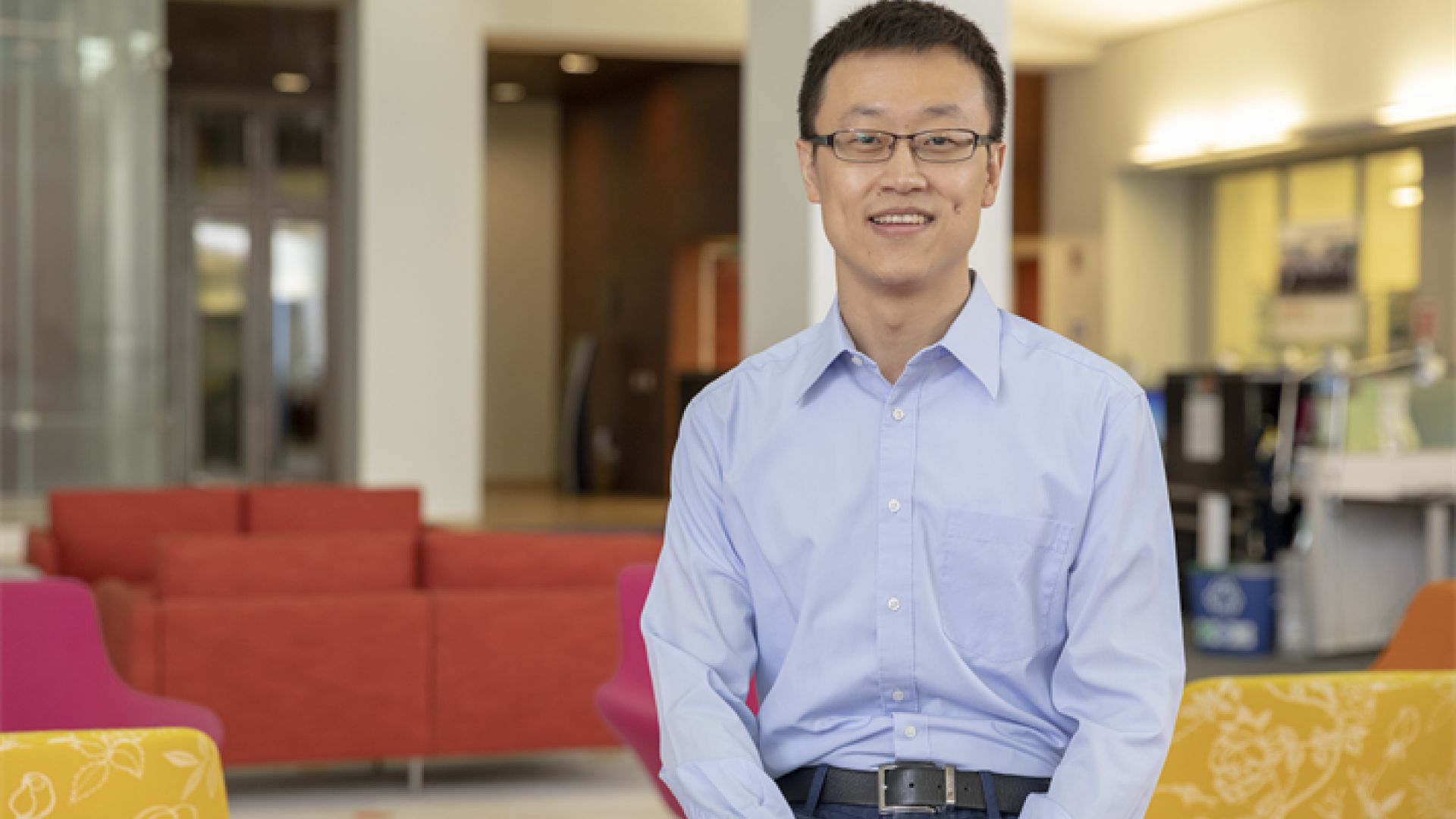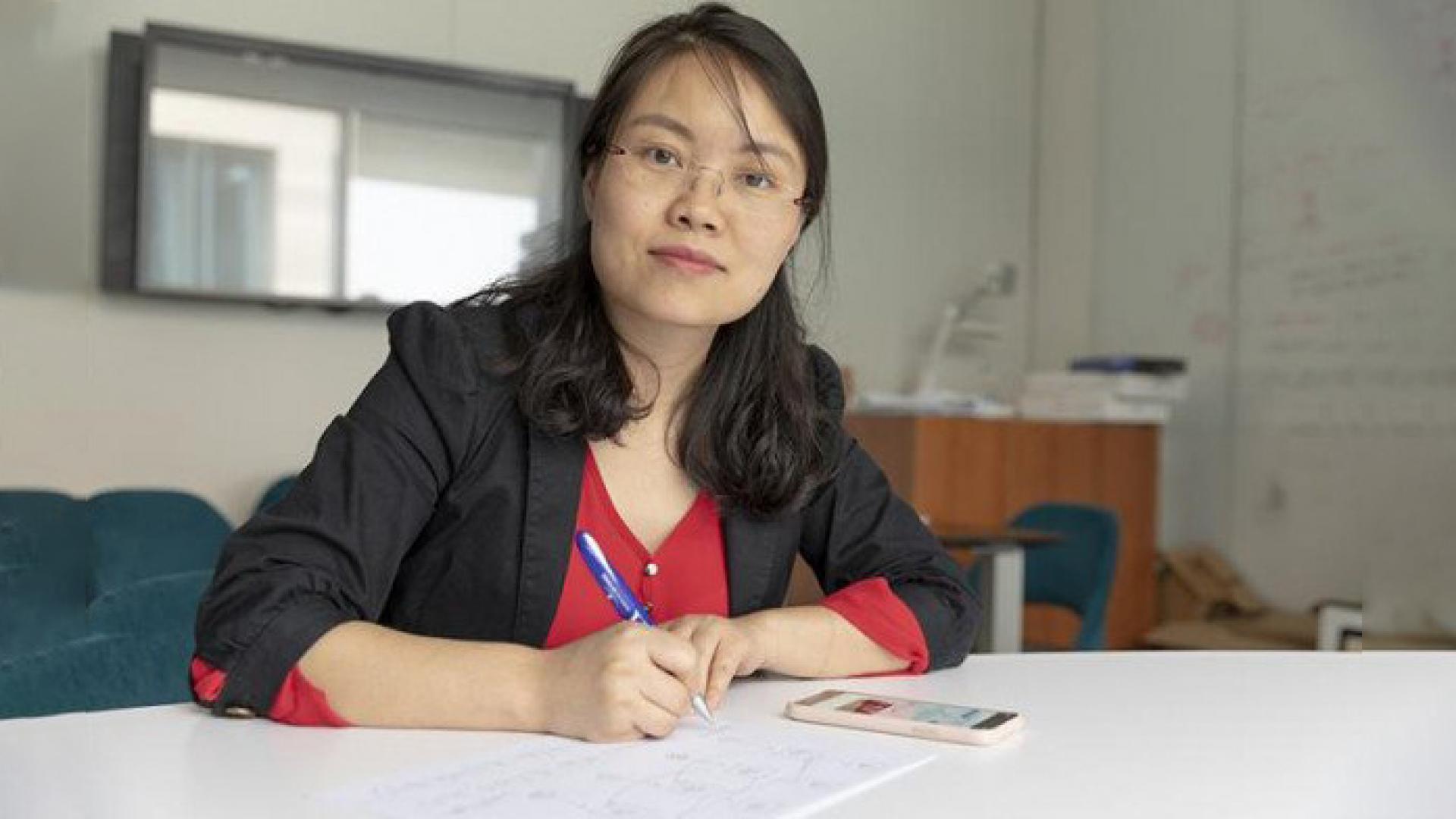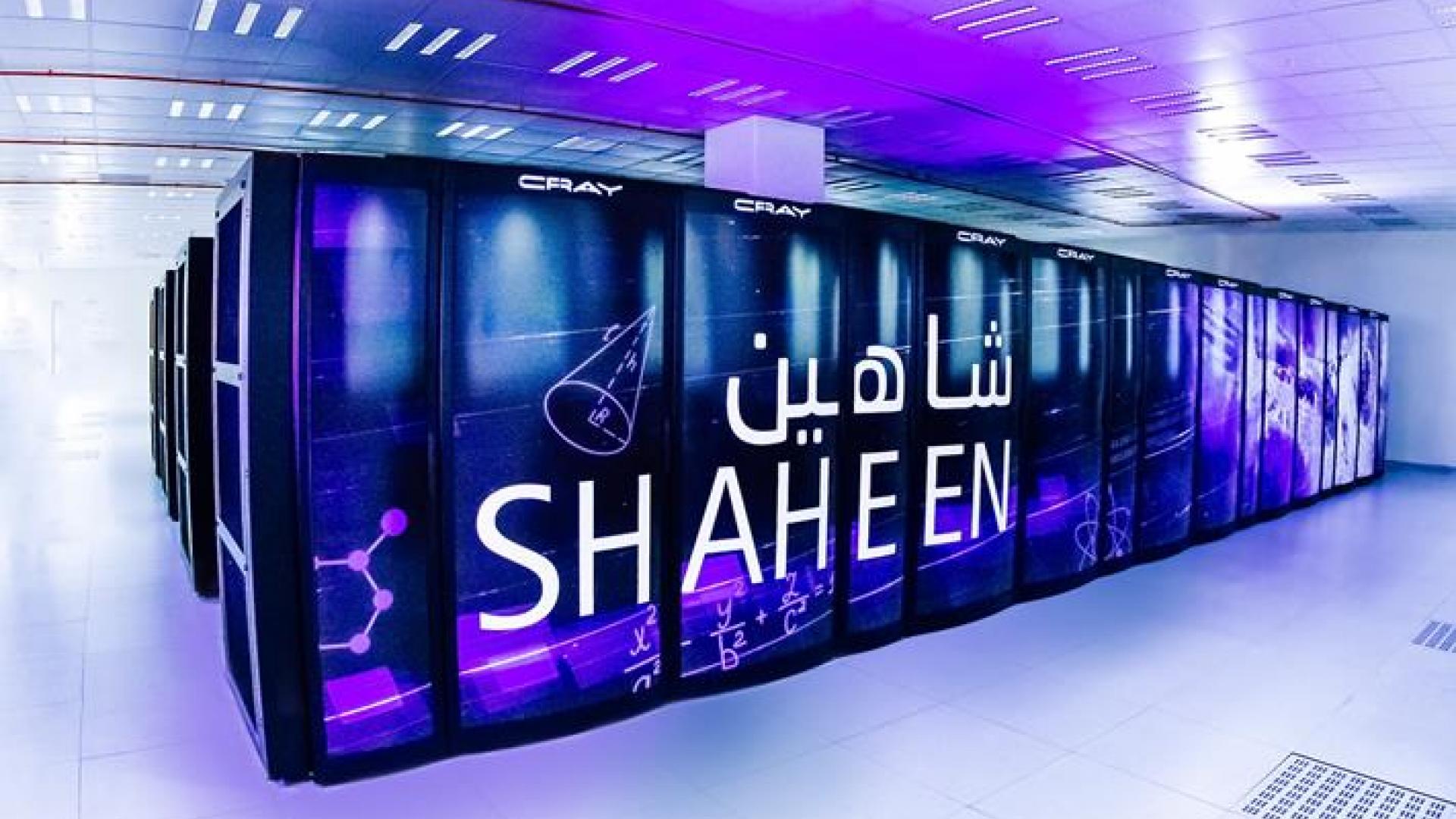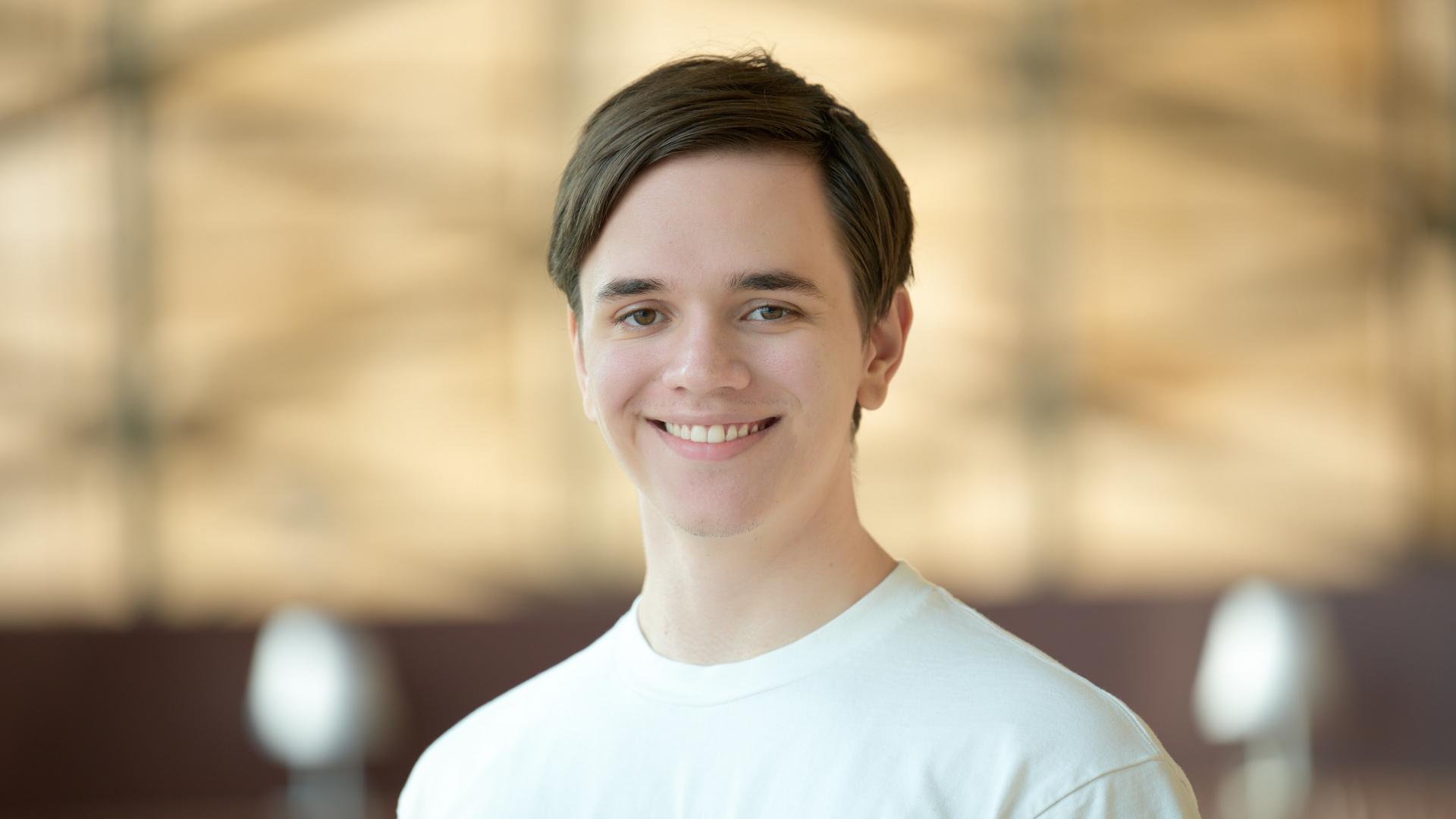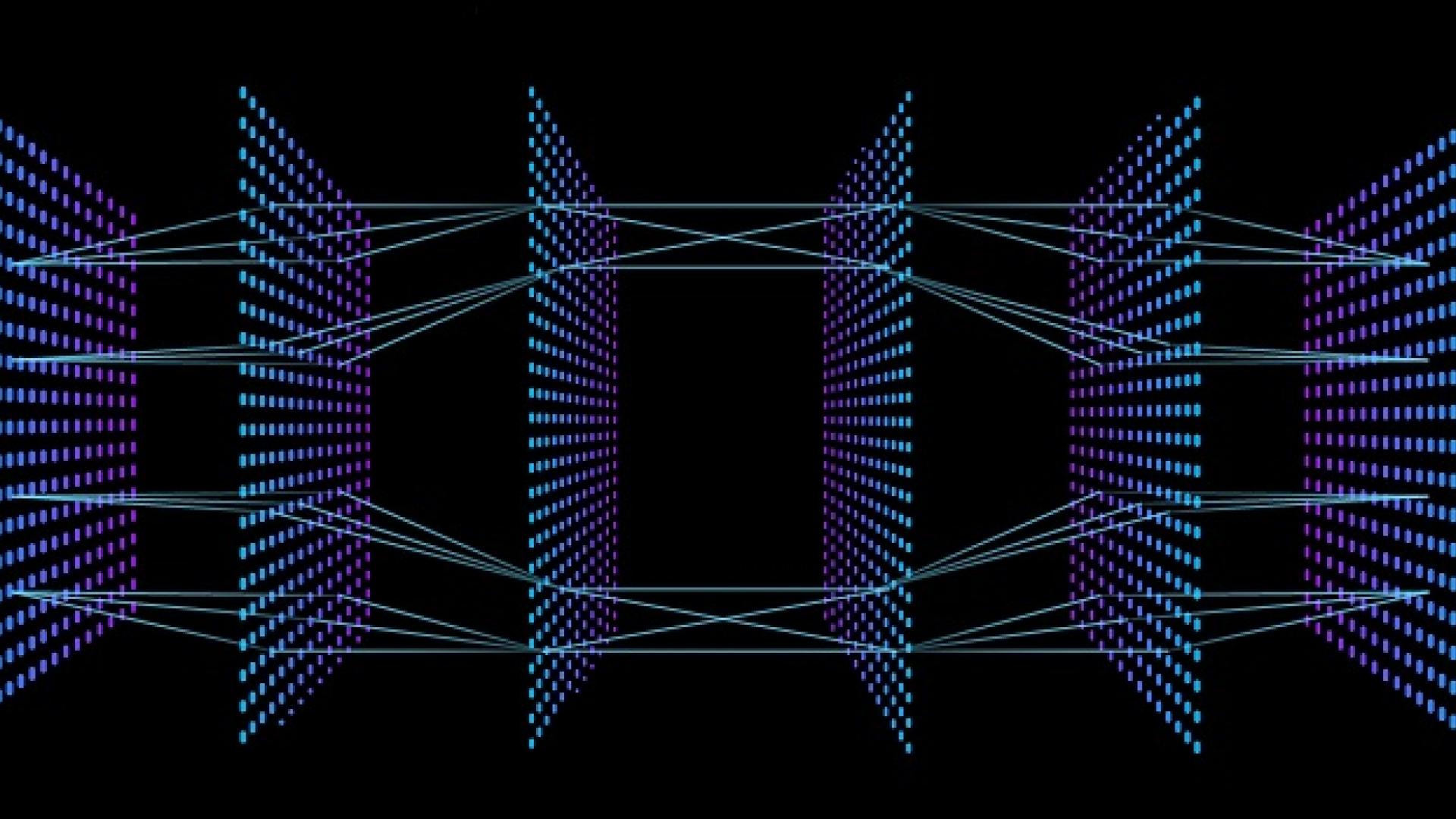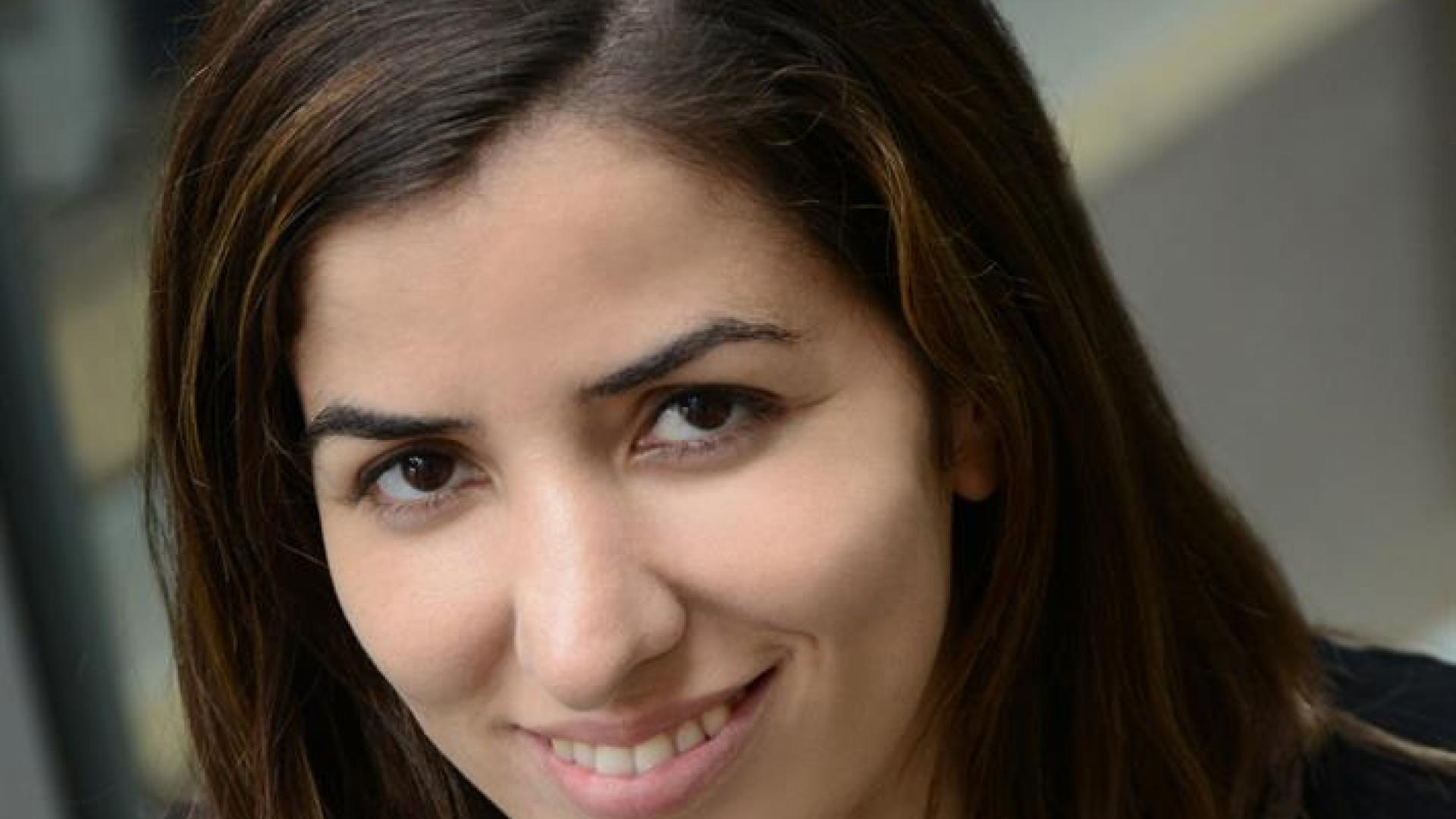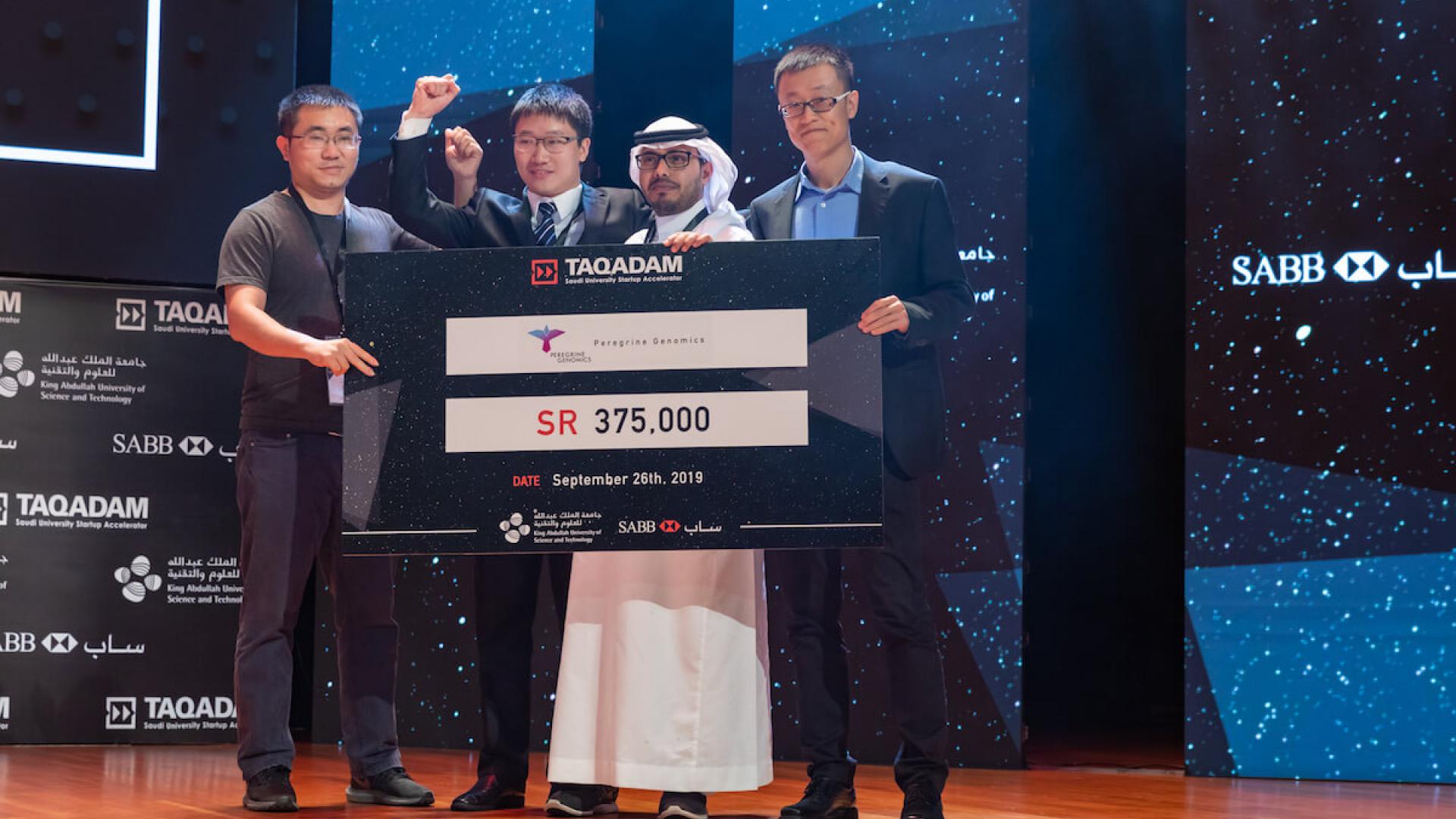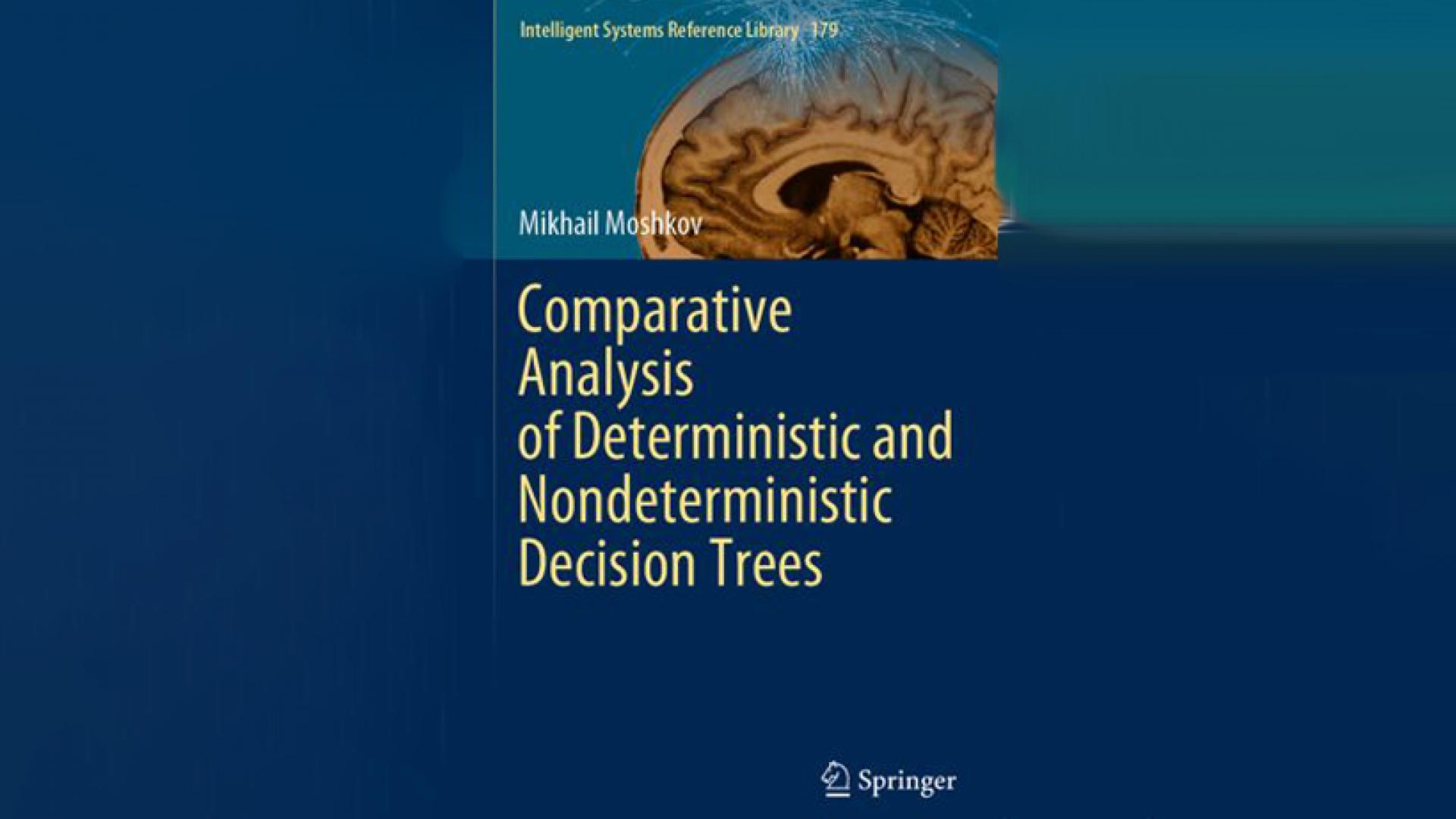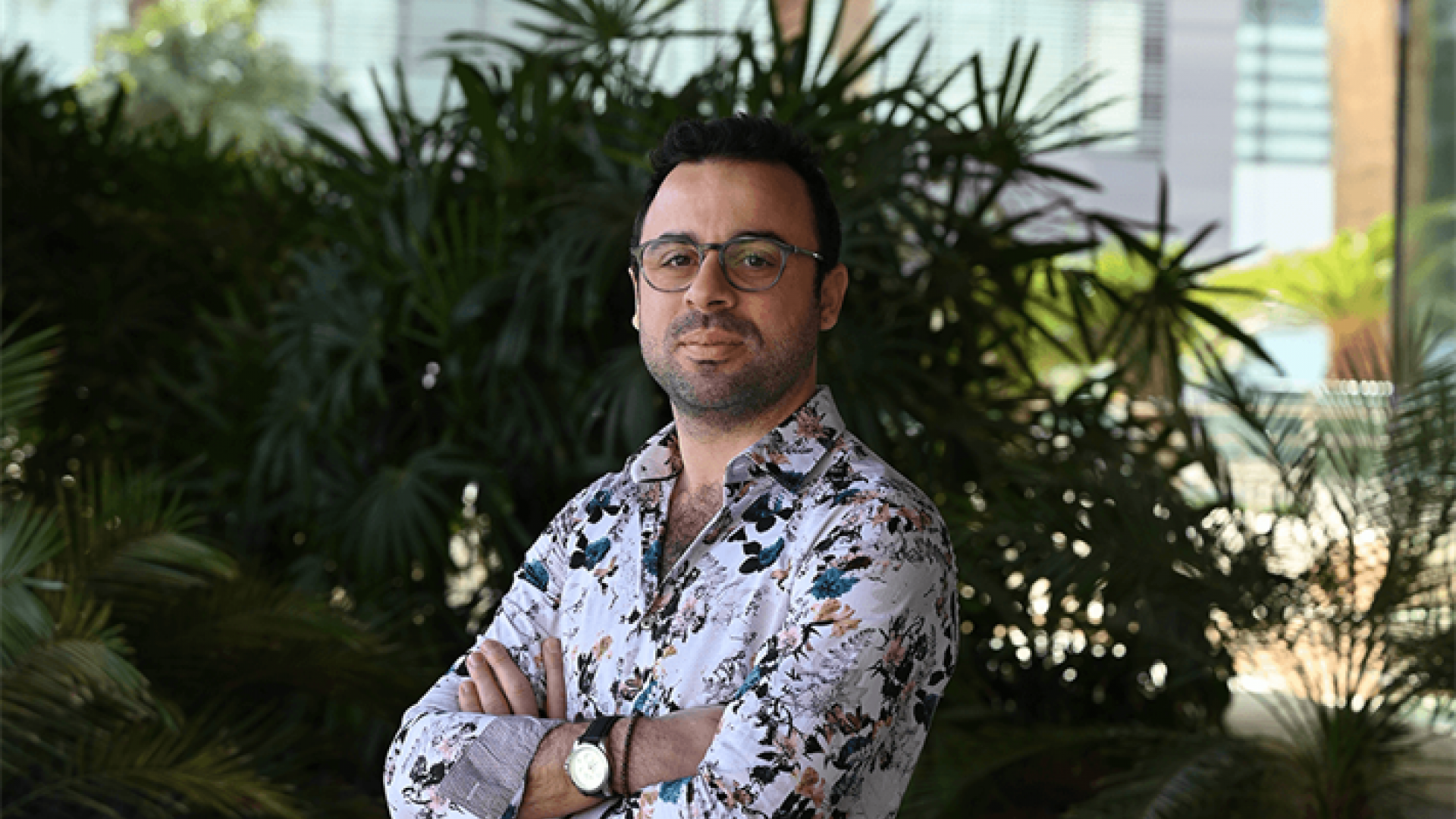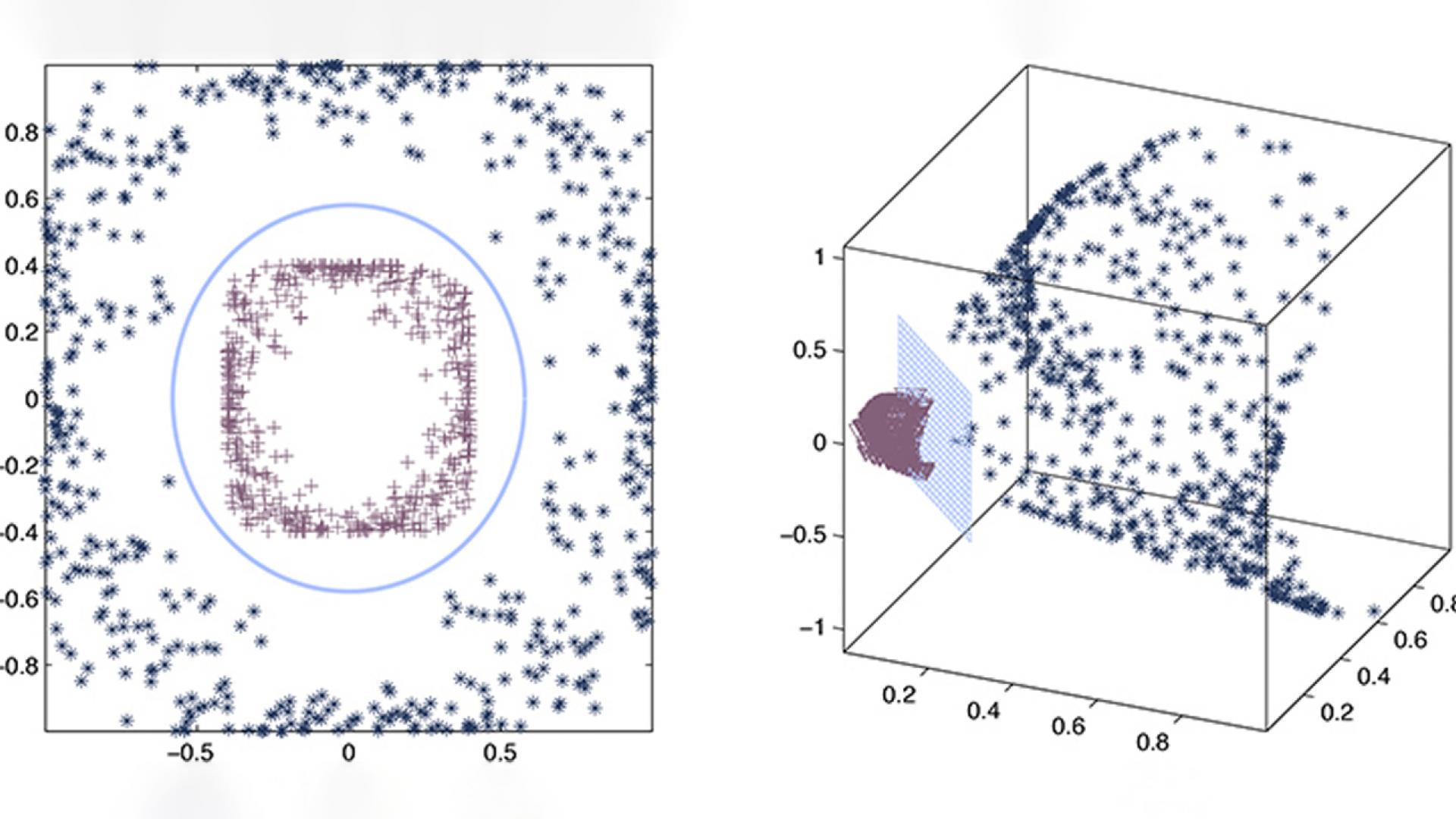Associate Professor Xin Gao and his group have developed an artificial-intelligence (AI) based solution to help increase COVID-19 testing accuracy. Identifying cases of early stage infection has been particularly challenging for frontline clinicians. Gao's AI-based model, which aims to increase accuracy, has been put to immediate use at King Faisal Specialist Hospital (KFSH) in Riyadh.
Hashtags like #covid19 and #coronavirus help us stay up to date on the developments of the new coronavirus pandemic. But beyond breaking news, tweets also offer a glimpse into the emotional side of the COVID-19 crisis.
By training a search agent to make smarter exploratory decisions, relational data can be classified more accurately and efficiently.
While 5G companies and opponents are competing over the deployment of the first 5G platforms, the next generation of wireless telecommunication technology is being concocted right now in laboratories all around the world.
The COVID-19 pandemic has imposed challenges across the globe that need to be solved using scientific discovery and innovation. In line with that, the KAUST Supercomputing Core Laboratory (KSL) has opened a call for proposals that require its supercomputer Shaheen II, as well as other cluster computing resources, to support research projects.
Konstantin Mishchenko, a Ph.D. student under the supervision of Professor Peter Richtárik, has been selected as one of the Association for the Advancement of Artificial Intelligence’s (AAAI) 12 Outstanding Program Committee Members for 2020. Mishchenko was presented with a certificate in recognition of his outstanding service at AAAI-20 held in New York from February 7-12.
A layer-based approach raises the efficiency of training artificial intelligence models.
The ongoing COVID-19 pandemic has revealed itself to the world as an unprecedented viral threat with a crippling power to disrupt society as we know it.
Dr. Paula Moraga is part of a multidisciplinary KAUST research team that applies models to COVID-19. She has worked on projects examining malaria in Africa and leptospirosis in Brazil, and the models she develops rely on in-depth knowledge about each disease.
The future has already arrived when it comes to the most exciting and promising field of modern medicine—precision medicine.
Mikhail begun to write this book more than 30 years ago in Lobachevsky State University of Nizhni Novgorod, continued in University of Warsaw, University of Silesia in Katowice, and Stanford University, and finished last year in King Abdullah University of Science and Technology.
KAUST alumnus Dimitrios Kleftogiannis (Ph.D. '16, computer science) is a scientist studying cancer whose enthusiasm for his current research is infectious.
Machine learning tasks using very large data sets can be sped up significantly by estimating the kernel function that best describes the data.
Anna Fruehstueck, a Ph.D. student in the KAUST Visual Computing Center (VCC) under the supervision of Professor Peter Wonka, recently won a 2020 Facebook Fellowship award and a two-year fellowship from Facebook Research.
